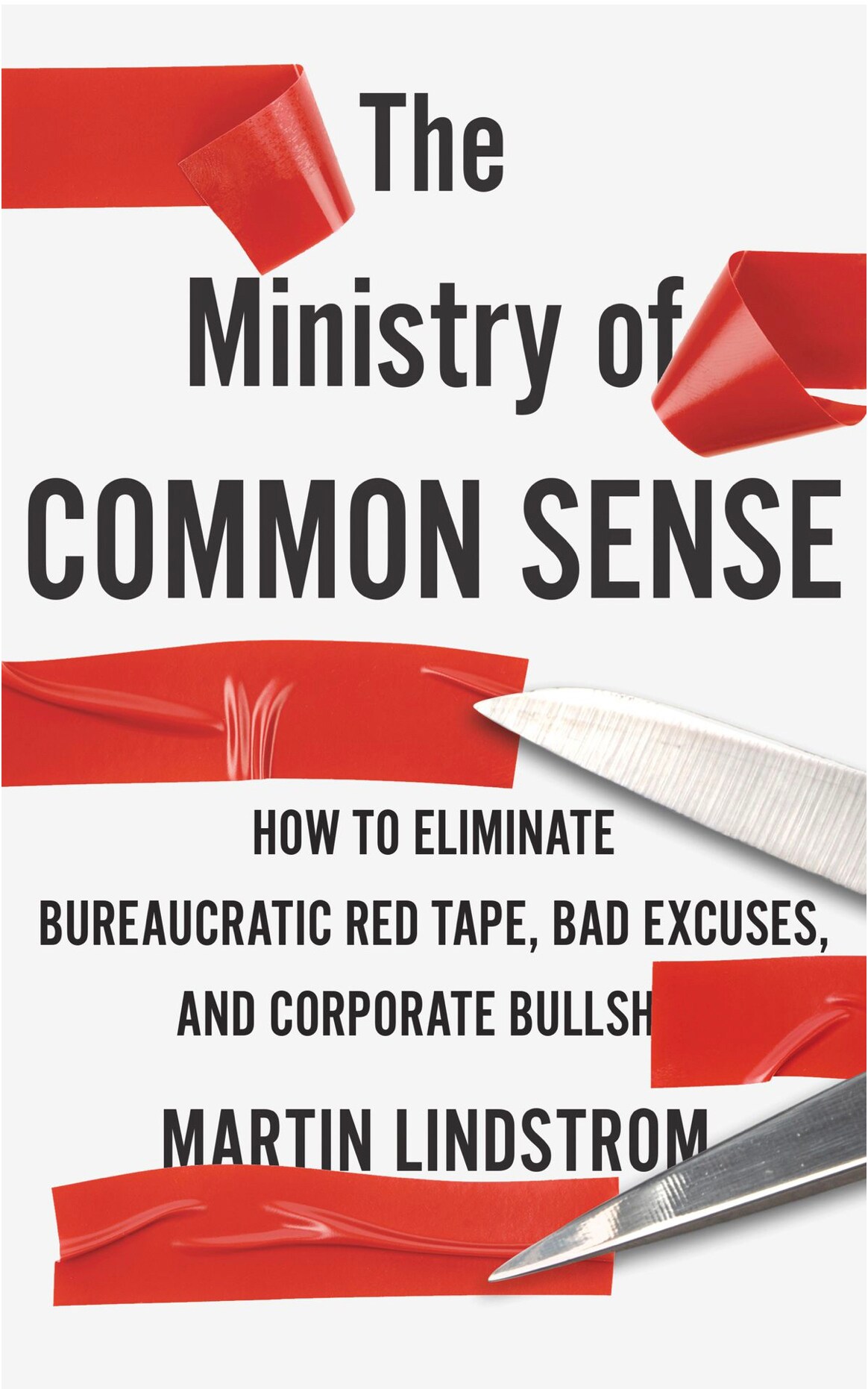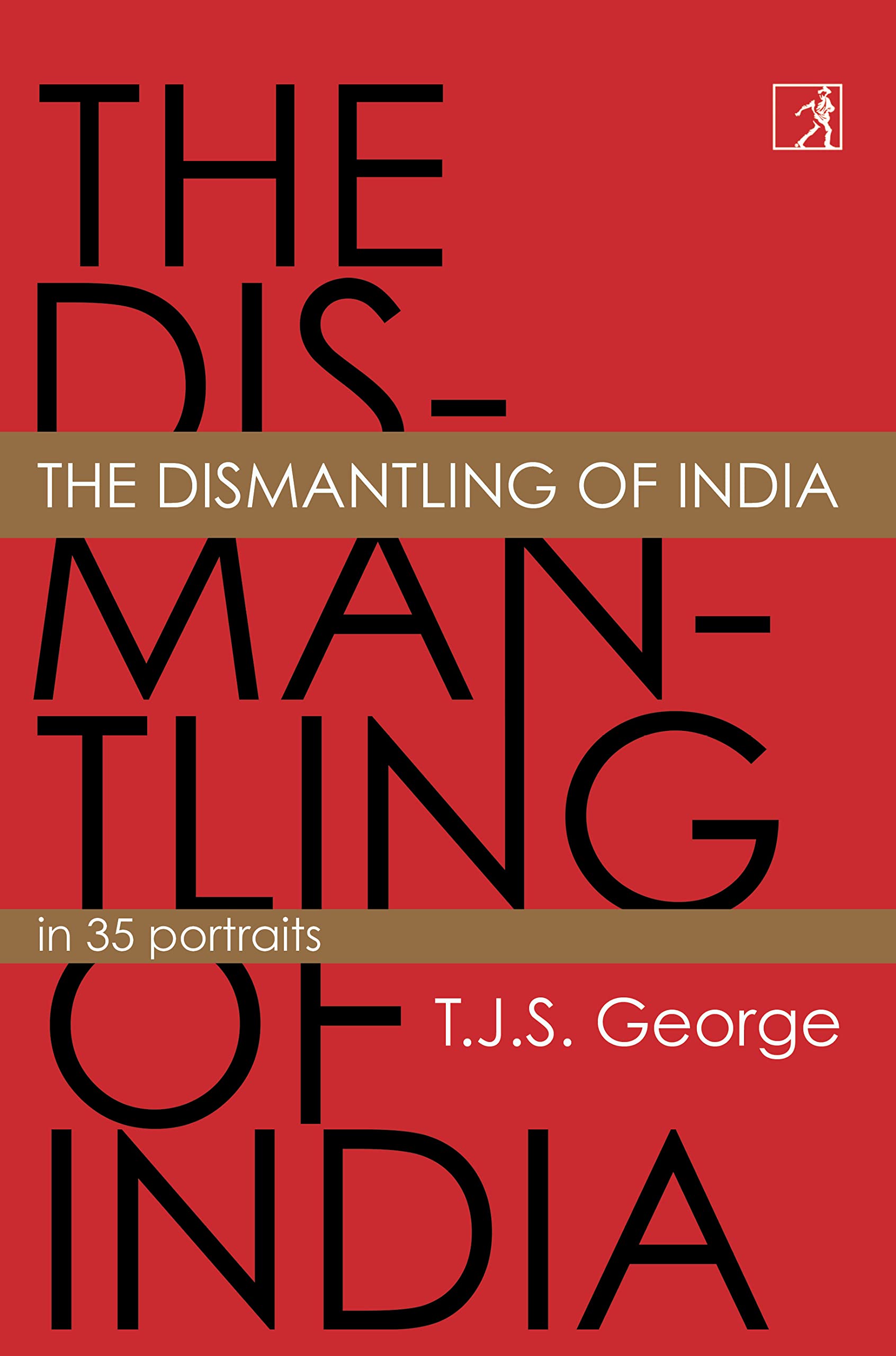Forbes India Rewind 2022: Best books we read this year
From 'The Island of Missing Trees' by Elif Shafak to 'Build' by Tony Fadell, here are some of the favourite reads of the Forbes India team in 2022


 I am no sucker for ‘improve-your-work-life’ books, but when an anecdote from the initial pages springs out with an ‘it happened to me’ vibe, you know this one’s going to be a breezy read. To make his case that the disappearance of common sense “is at epidemic levels in companies everywhere", Martin Lindstrom, a global branding consultant, sets it up with his purchase of a set of fancy headphones at an airport. The problem? “No matter what I did and no matter what my angle of attack was, the plastic encasement simply wouldn’t bend, dent, or move".
I am no sucker for ‘improve-your-work-life’ books, but when an anecdote from the initial pages springs out with an ‘it happened to me’ vibe, you know this one’s going to be a breezy read. To make his case that the disappearance of common sense “is at epidemic levels in companies everywhere", Martin Lindstrom, a global branding consultant, sets it up with his purchase of a set of fancy headphones at an airport. The problem? “No matter what I did and no matter what my angle of attack was, the plastic encasement simply wouldn’t bend, dent, or move".
That took me back to when I was headed to interview a New Delhi billionaire and bought one of those fancy pens with a chrome trim at an airport store. Only to realise—minutes before the meeting could commence—the difficulty in extracting the pen from the plastic packaging it was ensconced in.
The parallel with my tryst with pen-in-plastic did the trick. The following 240-odd pages made for a rollicking ride in a world devoid of common sense and abundant with absurdities. Lindstrom resorts to objects and situations most of us encounter in work and life. Like the complex hotel TV remote that “looked like it could launch a rocket ship," which reflects the internal miscommunications and power struggles inside a silo-wracked telecom company.
Lindstrom’s solution to his client organisations is to establish a Ministry of Common Sense devoted to overturning hurdles that bosses and managers don’t even know exist. Politics, he reckons, is the enemy of common sense and results in online meetings in which banal euphemisms rule the roost—from ‘pushback’ and ‘blowback’ to ‘send me a deck!’ and ‘let’s park that idea.’
‘The Ministry of Common Sense’ should be a mandatory read for managers and leaders who—as business educator Marshall Goldsmith writes in the Foreword—“don’t realise that their success has come about not because of but in spite of various entrenched habits, behaviours, rules, policies and cultures." You may not agree with all of Lindstrom’s views, but if this book sets you thinking about whether common sense is indeed being bypassed at your workplace, it may have done its job.
 This is a book about a renowned journalist, Declan Walsh, spending close to a decade in Pakistan: "from the raucous port of Karachi to the glided salons of Lahore to the lawless frontier of Waziristan". What Walsh didn’t know was that an intelligence agent was tracking him. Written after his abrupt deportation from the country, the book reveals Pakistan’s many mysteries of state and religion.
This is a book about a renowned journalist, Declan Walsh, spending close to a decade in Pakistan: "from the raucous port of Karachi to the glided salons of Lahore to the lawless frontier of Waziristan". What Walsh didn’t know was that an intelligence agent was tracking him. Written after his abrupt deportation from the country, the book reveals Pakistan’s many mysteries of state and religion.
This is a book my uncle gifted me, and as always, his choice was impeccable. Apart from the fact that the title of the book was so gripping, the narration of various instances that Walsh experienced, intertwined with the country’s history, was just beautiful. I would highly recommend this gripping read.
 Elif Shafak has a way of making you think and feel about people—especially women, the marginalised, and displaced persons—who live at the fringes of society and whose stories are often overlooked or simply ignored. Either because they don’t meet the capitalist’s definition of contributors to society or the world would rather carry on nonchalantly as it were without paying heed to what it does onto them. But Shafak wants to tell these stories, and she weaves them beautifully, book after book.
Elif Shafak has a way of making you think and feel about people—especially women, the marginalised, and displaced persons—who live at the fringes of society and whose stories are often overlooked or simply ignored. Either because they don’t meet the capitalist’s definition of contributors to society or the world would rather carry on nonchalantly as it were without paying heed to what it does onto them. But Shafak wants to tell these stories, and she weaves them beautifully, book after book.
It is her Tequila Leila, a prostitute, and ‘the five’—her outcast and pariah friends—you learn to love and cherish in 10 Minutes 38 Seconds in this Strange World. And, in The Island of Missing Trees, the story of Kostas—a Greek Cypriot, and Defne—a Turkish Cypriot, who meet at a tavern in Cyprus run by a Greek-Turk gay couple, and fall in love, shows what uprooting does to a person"s sense of belonging and identity.
The Island of Missing Trees is not a love story. It is one of unrest, conflict, and war that spares no one. Definitely not a young couple, one Turk and the other a Greek Cypriot, who dared to love only to find themselves on opposing sides of a conflict. “A map is a two-dimensional representation with arbitrary symbols and incised lines that decide who is to be our enemy and who is to be our friend, and who deserves our love and who deserves our hatred and who, our sheer indifference" [“…" here and henceforth, excerpts from the book].
The Island of Missing Trees will teach you a lot about trees—their silent, living and breathing lives. Especially a particular fig tree—also uprooted from its homeland amid the conflict and was given a new home in England. It will become your reliable narrator. It will teach you about roots—the tree kind and the human kind. Trees use them to communicate with other trees around them, whether it’s about an impending flood or a warning of an insect infestation.
And what about the human roots? Roots are what ground us, and as conflict uproots millions from their homes, families, and countries every year, are those displaced or left behind ever really the same again? Do they ever really move on, even if they manage to build new, ‘successful’ lives? "People from troubled islands can never be normal. We can pretend, we can even make amazing progress—but we can never really learn to feel safe. The ground that feels rock hard to others is choppy waters for our kind."
Trees and their roots don’t forget, and it’s their memory that helps them survive. Through Ada, the narrator for most of the book, Shafak delves into how trauma transcends generations and alienates even those who didn’t live through it, but are desperately seeking to understand where they belong in the world. “You don’t mind believing young butterflies inherit migrations from their ancestors, but when it comes to your own family, you think that’s not possible." Shafak’s narrative gives you a lot to think about.
 I have a lot to learn about my country, and I thought that The Dismantling of India: In 35 Portraits by TJS George was 400 pages of learning. In 35 portraits, George has tried to weave in events, conversations, and important personalities that have played a part in making India what it is today. These 35 portraits include JRD Tata, CN Annadurai, Disha Ravi, Bal Thackeray, Amitabh Bachchan, and Jayalalithaa, to name a few, and are personalities from various walks of work—"‹politics, business, and cinema. I thought it was a great idea for the book to have sketches of these personalities before their names are revealed on the next page. As if it was a challenge to the readers to recognise the faces before they see the names and read about them.
I have a lot to learn about my country, and I thought that The Dismantling of India: In 35 Portraits by TJS George was 400 pages of learning. In 35 portraits, George has tried to weave in events, conversations, and important personalities that have played a part in making India what it is today. These 35 portraits include JRD Tata, CN Annadurai, Disha Ravi, Bal Thackeray, Amitabh Bachchan, and Jayalalithaa, to name a few, and are personalities from various walks of work—"‹politics, business, and cinema. I thought it was a great idea for the book to have sketches of these personalities before their names are revealed on the next page. As if it was a challenge to the readers to recognise the faces before they see the names and read about them.
I was particularly amazed by the portraits of JRD Tata, CN Annadurai, and Jayalalithaa"‹. They shed light on some of their work and the amount of recognition and love it brought to them, especially in the case of the latter two.
 At the heart of it, this book, for me, is about learning to love and accept yourself, flaws and all. Benny Oh is just a teenager when his father Kenji, a Japanese-American Jazz musician, dies after being hit by a chicken truck. His mother, Annabelle, starts hoarding things to make up for the void left by her husband. Only Benny can hear the voices of all these material objects, from kitchenware and window panes to books and scissors. The Book is his friend and the narrator of the novel. The clamouring of the voices in his head lead to him first being diagnosed as neurodivergent and then winding up in a pediatric psychiatry ward.
At the heart of it, this book, for me, is about learning to love and accept yourself, flaws and all. Benny Oh is just a teenager when his father Kenji, a Japanese-American Jazz musician, dies after being hit by a chicken truck. His mother, Annabelle, starts hoarding things to make up for the void left by her husband. Only Benny can hear the voices of all these material objects, from kitchenware and window panes to books and scissors. The Book is his friend and the narrator of the novel. The clamouring of the voices in his head lead to him first being diagnosed as neurodivergent and then winding up in a pediatric psychiatry ward.
Ozeki tells a story of how a mother and son pick up the pieces of their life after the death of a man they loved. And how, despite their fights and inability to establish a new healthy family routine, they learn to love and accept themselves. While telling this story, Ozeki takes detours to talk about relevant issues—the importance of books, ecological imbalances, consent, abuse, and clutter, among other things. These detours might make this a heavier read, but the book has its share of gems. Like the time when Book says that stories, unlike life, do not start at the beginning. While life is lived from birth to death, stories are told in hindsight. "Stories are life lived backward."
 "‹The co-creator of the iPod and iPhone at Apple writes a book about what it takes to build things that make a difference in the world. Through short chapters and simple, engaging writing, Fadell takes people through his career, in which he has worked with both Apple Co-founder Steve Jobs and Google Co-founder Larry Page. He has also seen successful stints at General Magic and as the CTO of Philips. He has also set up Nest Labs and launched the Nest Thermostat, which was bought by Google for $3.2 billion in 2014.
"‹The co-creator of the iPod and iPhone at Apple writes a book about what it takes to build things that make a difference in the world. Through short chapters and simple, engaging writing, Fadell takes people through his career, in which he has worked with both Apple Co-founder Steve Jobs and Google Co-founder Larry Page. He has also seen successful stints at General Magic and as the CTO of Philips. He has also set up Nest Labs and launched the Nest Thermostat, which was bought by Google for $3.2 billion in 2014.
Fadell gives us the story behind some of the most inventive devices of our time, including the first iPod. He shares insights about leadership, work-life balance, taking initiative, and getting things done. The book is also about mentorship and why, more than the job or the money or the challenge, at the end of the day, it"s always about the people and the relationships you cultivate through life.
First Published: Dec 18, 2022, 09:00
Subscribe Now